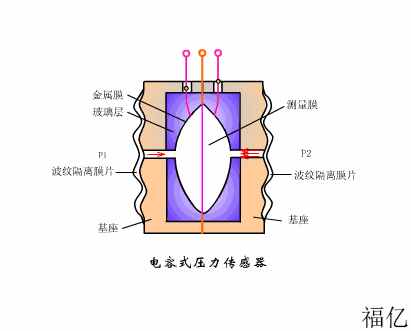Compared with inductive sensors and resistive sensors, capacitive sensors have outstanding advantages, but there are also disadvantages. No sensor can be perfect. The editor summarizes the advantages and disadvantages of capacitive sensors and let's take a look.
Advantages of Capacitive Sensors
1, the price is cheap
Compared with other sensors, the price of capacitive sensors is relatively cheap. Whether it is an electrical store or an online store, the price of capacitive sensors is very cheap and the price is relatively affordable.
2. High sensitivity and good accuracy
Capacitive sensors have the advantages of high sensitivity and high accuracy, which is one of the reasons why capacitive sensors are widely used in some environments.
3. Simple structure
The structure of the capacitive sensor is very simple, the components are relatively few, and it is more convenient to use.

4. Strong adaptability to the environment
Capacitive sensors have strong environmental adaptability, ensuring that they can be used normally in harsh environments.
5. Good temperature stability and dynamic response.
6. Has an average effect
7. Strong overload capacity
Capacitive sensors have strong overload capacity, and can also be used normally in some heavy- duty environments.
Disadvantages of capacitive sensors
The seven advantages of capacitive sensors have been introduced above, and here are a few more disadvantages.
1. The output is nonlinear;
2. The sensitivity and measurement accuracy of parasitic capacitance and distributed capacitance are easily affected and inevitably stable;
3. The connection circuit is relatively complicated.
The above are the advantages and disadvantages of capacitive sensors. If you understand the characteristics of capacitive sensors, you will be more handy when choosing and using them.

